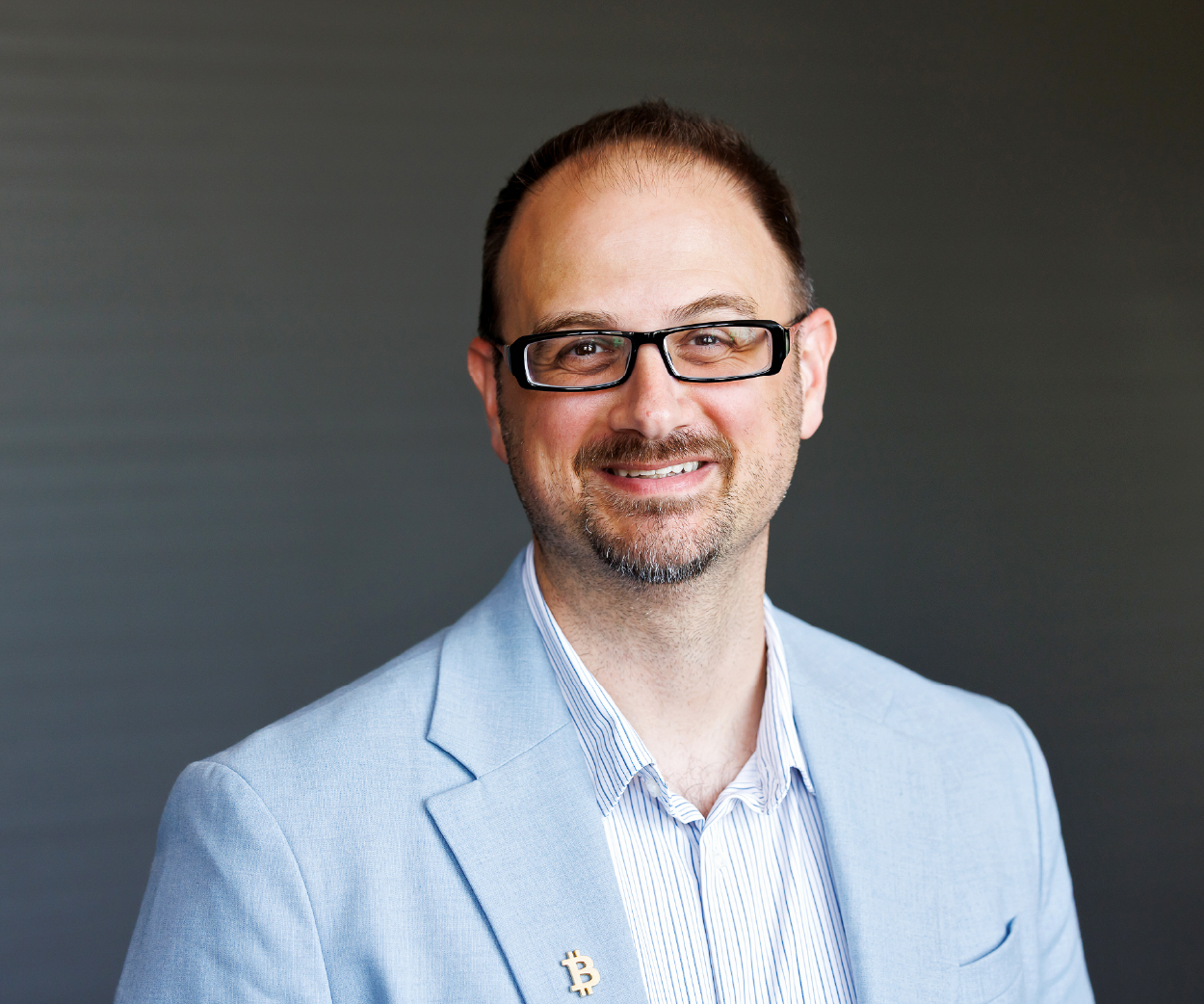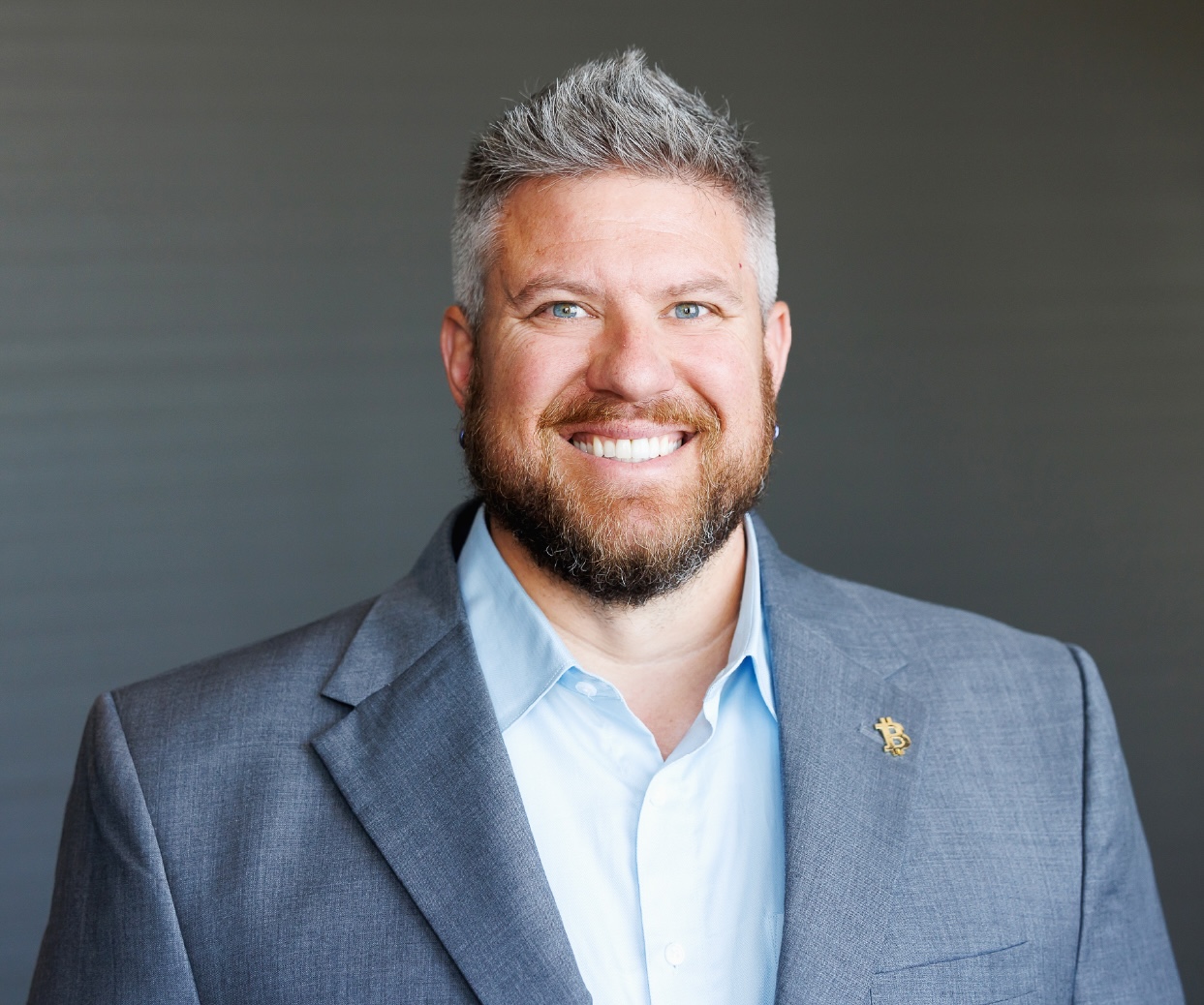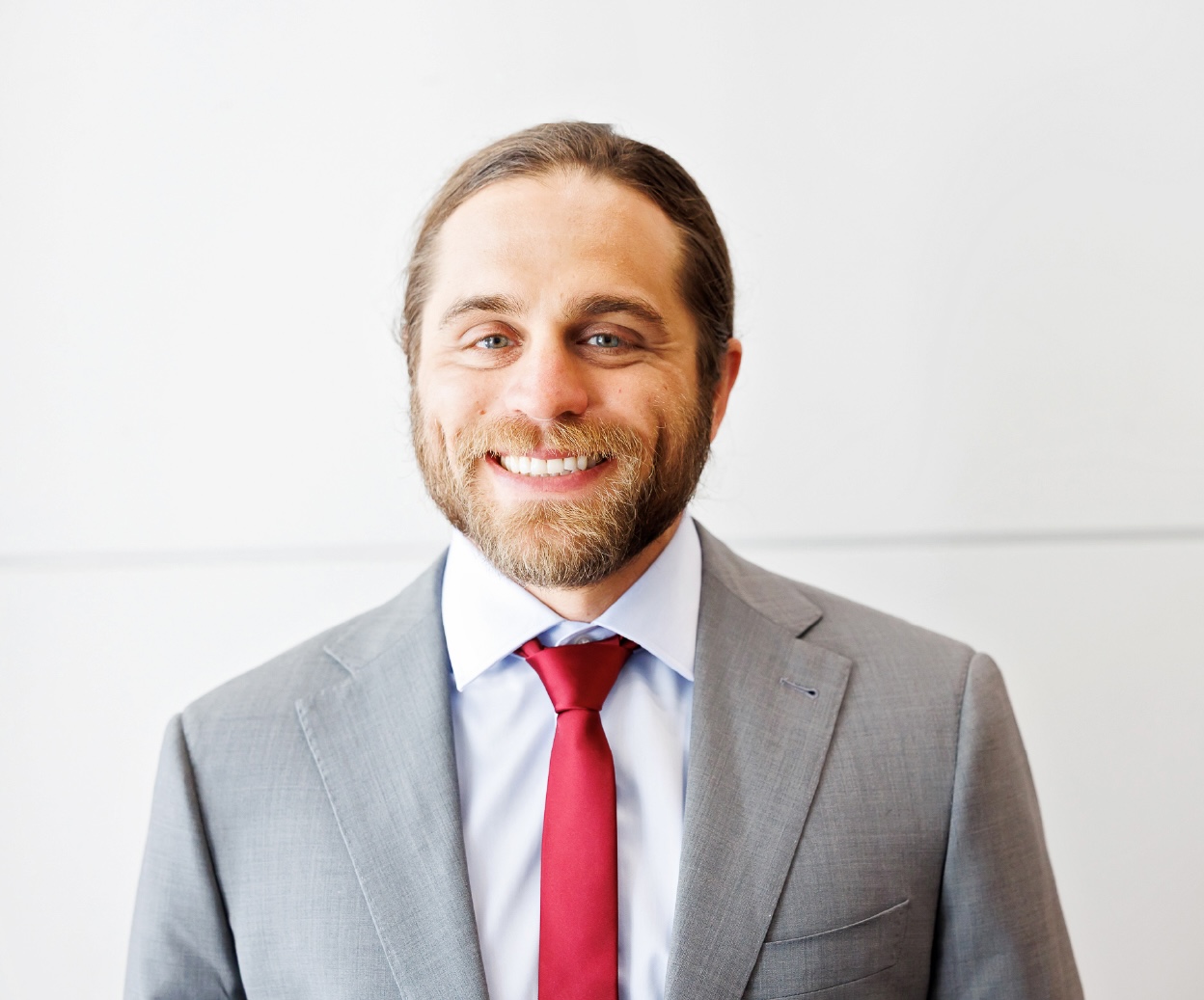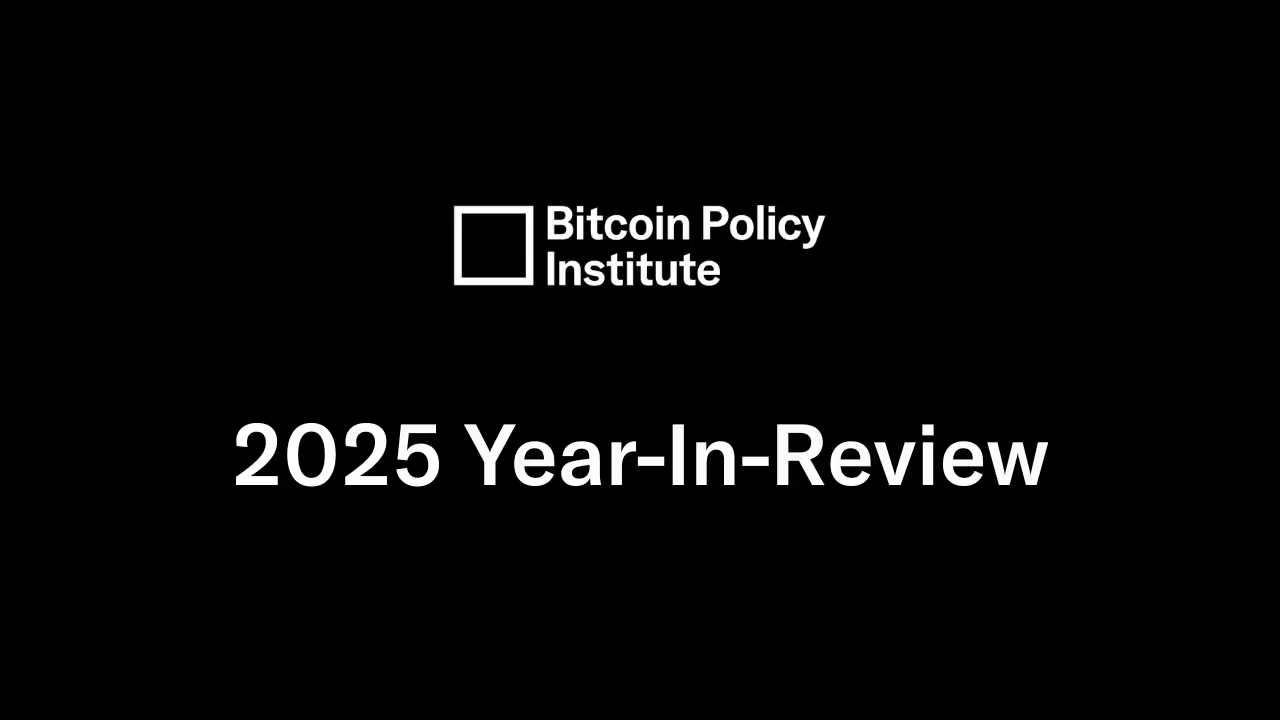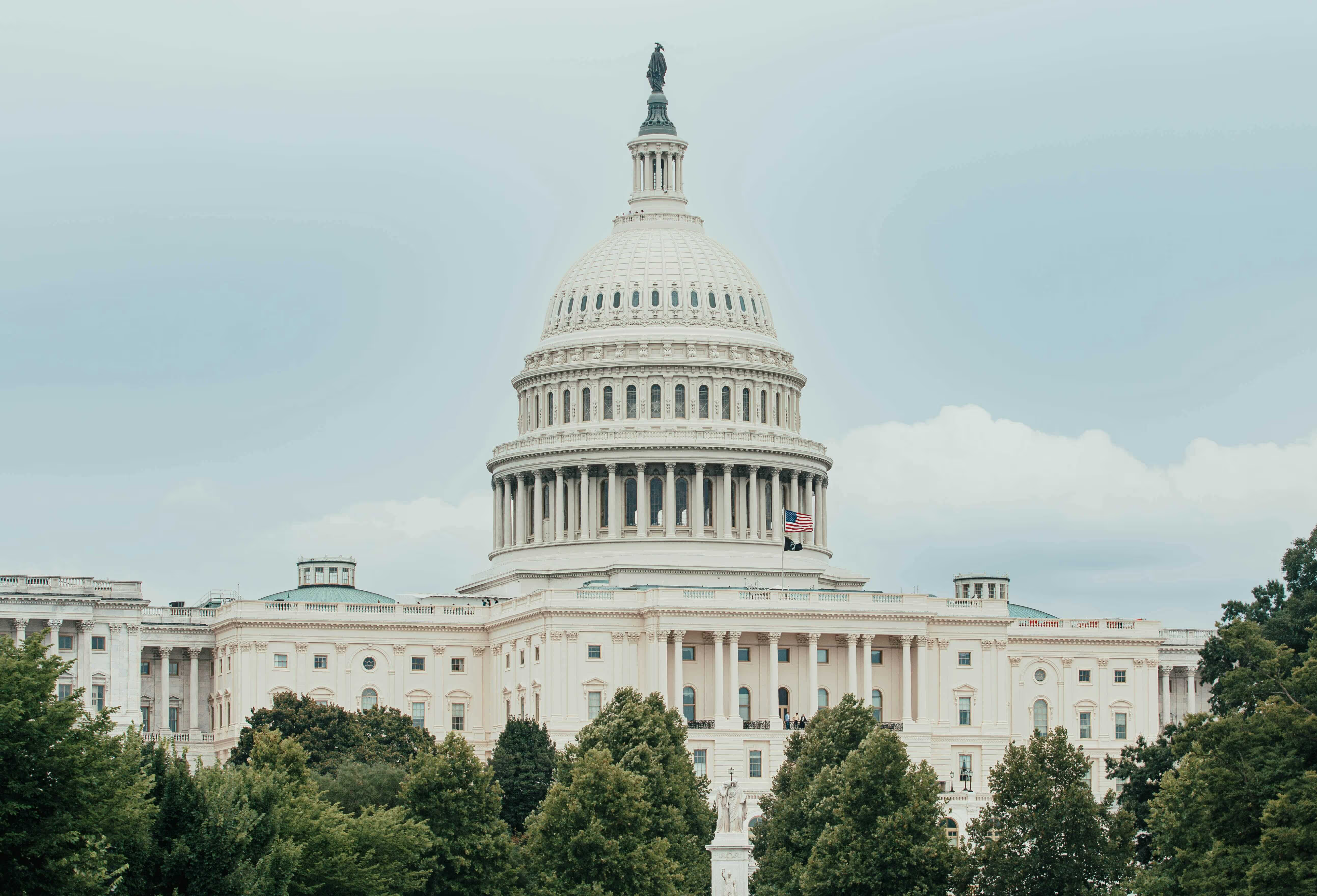Privacy in Public Part 1: What Privacy Is, and Why it Matters
In this three-part series, adapted from Resistance Money, BPI Fellows Andrew Bailey, Bradley Rettler, and Craig Warmke explain what privacy is, why financial privacy matters, and the challenges bitcoin faces in providing users with financial privacy.

What Privacy Is
Some years ago, Heathrow’s doctor prescribed doxycycline for his chlamydia. He bought the medicine right there at the clinic, with cash. Heathrow didn’t mind that his doctor knew about the infection. After all, his doctor had surely seen much worse and likely wouldn’t tell anyone. Yet he didn’t want any friends to know because they hadn’t seen much worse, and they, well, they would tell everyone.
Heathrow’s chlamydia diagnosis was private. This isn’t to say that it was a secret: Heathrow’s doctor knew, after all, and Heathrow knew. Nor is it to say that it was a secret for some people and not others. It’s more accurate to say, rather, that Heathrow had control over its disclosure. When Heathrow shares it, it remains private information – so as long as the person with whom he shares doesn’t then share with others.
Privacy isn’t secrecy. Instead, it’s a power – the power to selectively disclose oneself to the world. We exercise privacy to the extent that we control our personal information. And someone violates our privacy when they show that they control it, too, by disclosing it without permission. OnlyFans creators don’t inspire societal outrage when they post nudes of themselves. But when a stalker posts a nude video of a well-known sportscaster, we welcome news of her $55 million civil lawsuit and celebrate her victory.
Privacy involves consent. And consent is morally meaningful. It can turn something that would otherwise be inappropriate or wrong into something permissible or even good.
Privacy Under Fire
Your personal information is a hot commodity, whether you consented to share it or not. Indeed, the information you didn’t consent to share is often the most useful and, therefore, the most profitable.
Corporations have every reason to extract, analyze, and spread your personal information without your consent. For one, selling things to someone is easier when you know more about them. Baby at home? Diaper ads, coming right up. Homeowner? Paint, sofas, refinancing – surely, you need at least one of these. Vacation to Ireland? Guinness pint glasses and Kerrygold ornaments – just in time for the holidays. Every byte of information helps companies tailor their marketing to you.
Governments also build digital manila folders of their citizens – and noncitizens. They seek to control and patrol for the safety of all, and payloads of information make that mission ten times easier. Emails, texts, payments, fingerprint and DNA databases, metadata, video feeds from doorbell apps – these enable more efficient investigations into past crimes and prevention of future crimes.
Personal information is often communal information. Whoever finds your personal information often thereby finds the personal information of your friends, relatives, and coworkers. For databases include files not just on individuals but their connections. We exist as nodes in a tangled web of payments – and this web tells many interrelated stories we might like to remain confidential. But we lack control over this information; it often isn’t private.
Many factors have eroded financial privacy: increased corporate and state surveillance capacity, the rise of credit and corresponding decline of physical cash for everyday consumer transactions, big data, and so on. More eyes vie for personal financial information with fewer constraints on its acquisition. Private corporations now collect, analyze, trade, and act on huge swaths of personal financial data, resulting in a “surveillance capitalism” that should concern even those who shrug off government surveillance. Something valuable is under systematic threat.
Now maybe you don’t care about where your information goes or how it’s used. You might choose to disclose yourself to the world in rather profligate ways. Maybe you lifestream (it’s what it sounds like – streaming your entire life to an online audience). That’s fine, if you freely choose it. But many of us never do. Without our consent, our personal information finds large and sometimes malicious audiences.
For those who think, as we do, that consent is morally important, this is a troubling result.
Why Privacy Matters
Privacy is valuable as a means to other ends. Our relationships are one such end. Consider one of your closest relationships. You know things about each other. Still, they might learn something about you that could either alter the nature of your relationship or even damage it irrevocably. How painful that would be! Privacy is good because it allows us to reveal ourselves on our own terms for the good of the relationship. The value consists not just in the hiding but also in the choice of what to reveal and to whom. Your spouse can reveal private information to you in a way that enhances the relationship. But Visa might even damage or end the relationship if they revealed it instead.
Privacy also helps us preserve various kinds of relationships. Teachers would not, we hope, tell students what they’d tell a lawyer or doctor or lover. Nor would parents, we hope, tell their children what they’d tell therapists or even their own parents. Privacy erects boundaries to help teachers relate to students, parents to children, and therapists and lawyers to their patients and clients, respectively. When others disclose information without consent and tear down these boundaries, everyone stands in every position, as the therapist, lawyer, doctor, and lover. Not a great outcome.
Privacy also serves as a check on public institutions. Many affirm a right against self-incrimination so that prosecutors bear the burden of proving something in court; the accused needn’t testify against themselves. The protection against self-incrimination allows a defendant to withhold personal information and shifts the balance of power away from institutions and towards individuals, keeping those institutions in check.
Privacy, like clothing, also reduces unwanted exposure. When your personal information is exposed to the world, you no longer control it. Bad actors can use it to manipulate and do harm. If someone knows both your address and your recent Best Buy purchase for $2,000, they might pay you a special visit.
Or if someone knows your political bent, they might serve you certain information to nudge you towards more extreme views. Or they might try to punish you. This could be explicit and coercive, as with laws that criminalize certain opinions under a truly repressive regime. Or it could be more subtle: edging you out of leadership positions in your work, blocking educational opportunities for your children, spreading unkind rumors about you in church, and so on. When you have the power to disclose at your own discretion, you can cut off would-be censors at the pass. So privacy protects freedom of thought. Freedom of expression is near at hand too.
Pseudonyms and masks also help whistleblowers and activists and those with unpopular opinions to speak freely without fear of reprisal. But this only works as long as their personal connection to a pseudonym or a mask remains hidden. Some abuse pseudonymity, sure. But when we reveal what another has clearly chosen to hide – the real-life identity behind a mask – we violate a person’s autonomy and discard their rationale for remaining hidden.
Privacy is one kind of freedom of expression: the freedom to disclose oneself to the world. Enabling that freedom enables all the benefits of free expression too. Privacy, then, has significant instrumental value.
Privacy is also a good in itself, and to be valued for its own sake. Privacy is a power of selective disclosure. It’s a dual freedom to reveal what we see fit and hide what we do not. And as with other freedoms hailed in the liberal tradition, many value it not instrumentally and only for what other things it produces, but as an end in itself. If you think freedom is rubbish, or has mere instrumental value, we direct you instead to the arguments sketched out earlier. But in a way, hardly anyone in the liberal tradition, broadly construed, needs an argument here. For this tradition recognizes that freedoms are precious.
We have not claimed that anyone has a right to privacy, absolute or otherwise, or that privacy always trumps other considerations. We think privacy is an instrumental and final good, deserving of full consideration as we weigh the costs and benefits of a monetary system. Nor have we argued for one way of achieving privacy over others. You might trust the state and its army of regulators to be the primary guardians of privacy. Or you might avoid products from corporations with a record of collecting customer data and so retreat to the hermitage. Or you might pull a Tyler Durden rampage, in the hopes of deleting the files “they” have on “us” – using bombs, if necessary. Senator, monk, menace – familiar approaches.
The cypherpunk way is, instead, to write code. Specifically, the cypherpunks make and protect privacy with cryptography. So Eric Hughes:
"We cannot expect governments, corporations, or other large, faceless organizations to grant us privacy out of their beneficence. It is to their advantage to speak of us, and we should expect that they will speak. To try to prevent their speech is to fight against the realities of information.
Information does not just want to be free, it longs to be free. Information expands to fill the available storage space. Information is Rumor’s younger, stronger cousin; Information is fleeter of foot, has more eyes, knows more, and understands less than Rumor.
We must defend our own privacy if we expect to have any. . . . People have been defending their own privacy for centuries with whispers, darkness, envelopes, closed doors, secret handshakes, and couriers. The technologies of the past did not allow for strong privacy, but electronic technologies do."
Cypherpunks don’t seek help solely from legacy institutions. Nor do they seek to destroy those institutions or simply retreat from ordinary life. Instead, they help themselves. We’ll see how bitcoin fits within the cypherpunk ethos in due course. But our task in Part 2 is to explain financial privacy and why it matters.
Keep reading - Link to Part 2



.svg)
